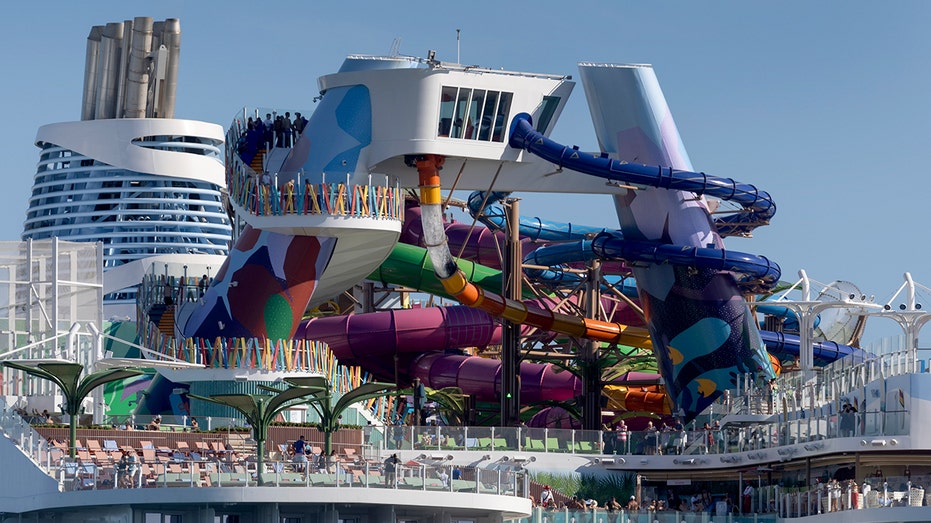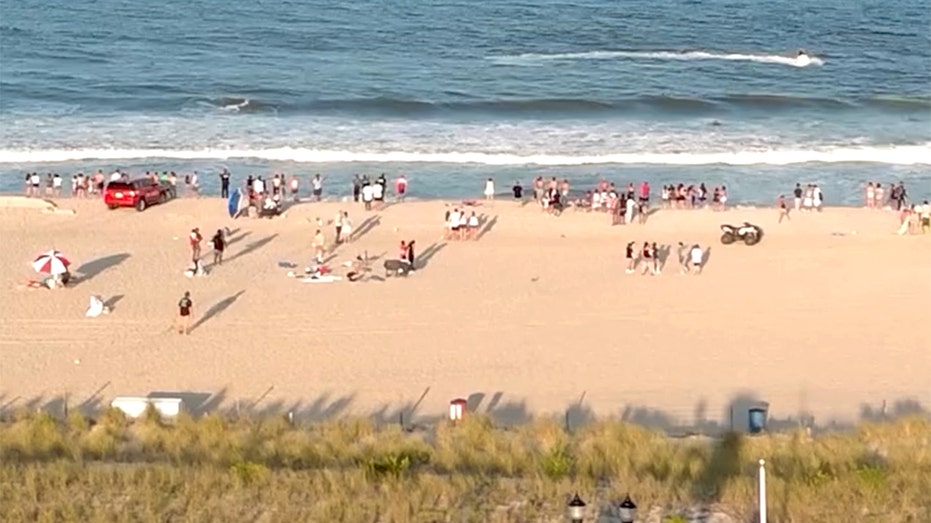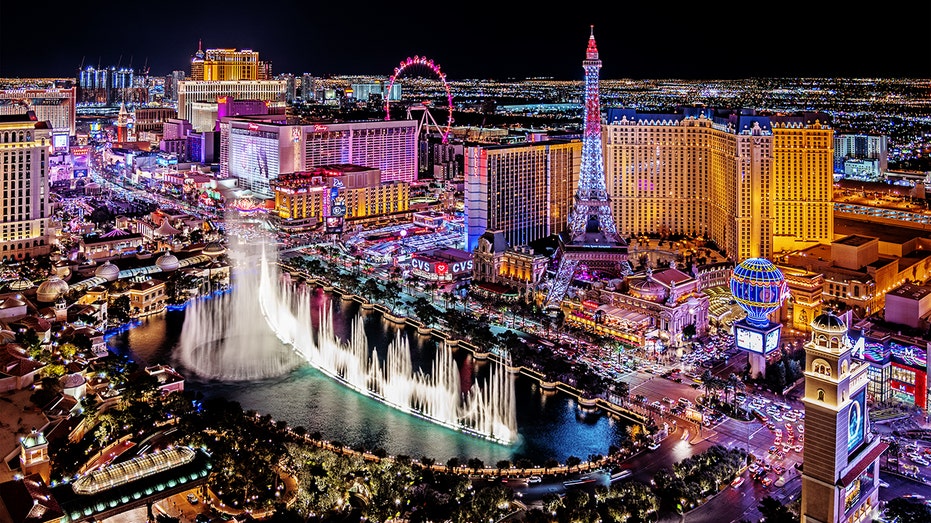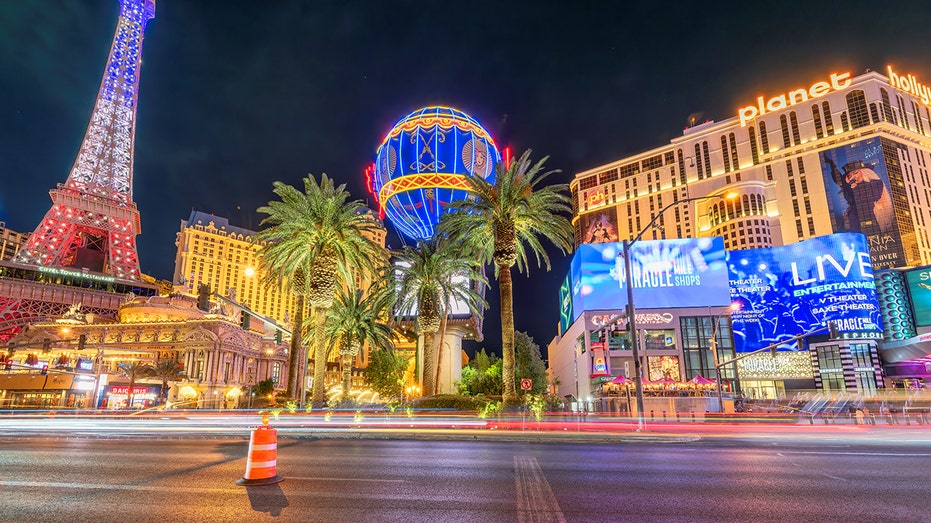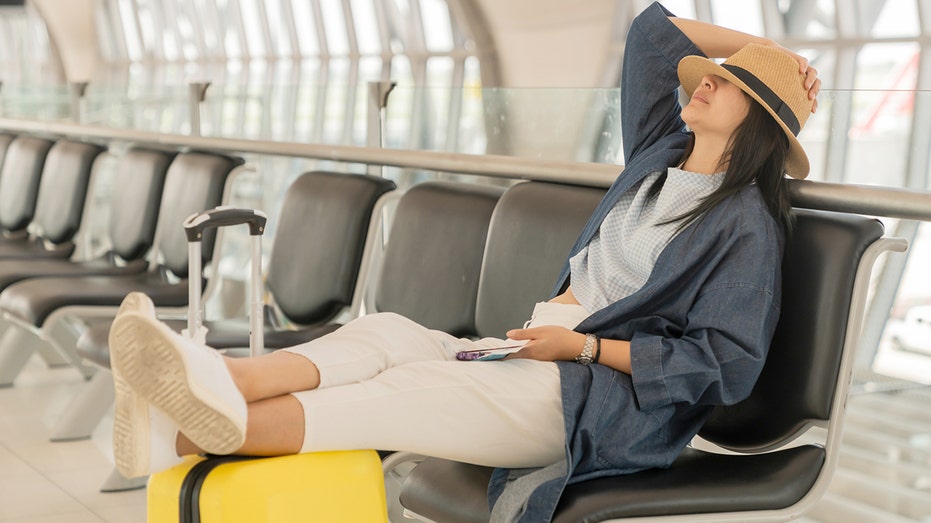Cruise Ship Water Slide Incident: Safety Concerns Emerge on Icon of the Seas

Sarah Johnson
August 9, 2025
Brief
Analysis of cruise ship water slide accident, examining safety protocols, industry pressures, and potential long-term impact on cruise travel.
Cruise Ship Accident: A Crack in the Facade of Luxury Travel?
Opening Analysis: While seemingly isolated, the recent water slide incident aboard Royal Caribbean's Icon of the Seas raises critical questions about safety protocols and the increasing pressure to innovate in the competitive cruise industry. This is not just about one injured passenger; it's a potential chink in the armor of an industry built on the promise of carefree, safe experiences.
The Bigger Picture: Cruise ships have evolved from simple sea voyages to floating cities offering a dizzying array of attractions, including ever-more-elaborate water parks. The push for bigger and better amenities has intensified competition between cruise lines, leading to rapid innovation and, potentially, a greater risk of overlooking safety considerations. Historically, maritime accidents, from the Titanic to more recent incidents, have often been wake-up calls for improved safety regulations. This incident calls for closer scrutiny of current standards.
What This Really Means: The breaking of acrylic glass on a water slide points to potential issues with material fatigue, design flaws, or inadequate maintenance. Beyond the immediate injury to the passenger, this incident could erode consumer confidence in cruise travel, particularly concerning onboard safety. It also raises liability questions for Royal Caribbean and could lead to legal challenges. The longer-term implications include potentially stricter regulations on cruise ship attractions and a renewed focus on passenger safety.
Expert Perspectives: Consider the perspective of maritime engineer Dr. Emily Carter, who has extensively studied cruise ship safety: "The cruise industry faces a constant balancing act between innovation and safety. New attractions like these water slides introduce novel engineering challenges. Thorough risk assessment and rigorous testing are essential to prevent failures. Acrylic glass, while strong, is susceptible to stress fractures over time. Regular inspections and preventative maintenance are crucial." Additionally, legal analyst Mark Thompson notes: " Cruise lines have a very high duty of care to their passengers. Incidents like this can lead to substantial liability claims if negligence is proven."
Data & Evidence: According to the Cruise Lines International Association (CLIA), over 30 million passengers are expected to take cruises in 2025. While cruise ship travel is statistically safer than many other forms of travel, incidents, however rare, can have a significant impact on public perception. Data from the National Transportation Safety Board (NTSB) regarding maritime accidents consistently highlights the importance of preventative maintenance and rigorous inspections. Furthermore, public surveys often show that safety is a primary concern for potential cruise passengers, often outweighing cost considerations.
Looking Ahead: This incident is likely to trigger an internal review by Royal Caribbean and potentially an investigation by maritime authorities. The focus will be on determining the root cause of the acrylic glass failure and whether existing safety protocols were adequate. Going forward, the cruise industry will need to demonstrate a commitment to prioritizing passenger safety over the pursuit of ever-more-thrilling attractions. Transparency and proactive communication with passengers will be essential to maintain trust.
The Bottom Line: This incident serves as a stark reminder that even in the seemingly carefree world of cruise travel, safety needs to be paramount. The cruise industry must invest in robust safety measures, regular inspections, and transparent communication to ensure passenger well-being and maintain the public's trust. The accident highlights the need for industry leaders to balance cutting-edge entertainment with passenger safety.
Editorial Analysis by Sarah Johnson
The Icon of the Seas was unveiled to great fanfare, promising to be the ultimate vacation experience. Yet, incidents like this underscore the inherent risks involved in large-scale operations, especially when pushing the boundaries of entertainment. It's crucial to ask: Are cruise lines adequately prepared to handle the potential consequences of these innovations? While the industry touts safety records, incidents such as water slide malfunctions highlight the need for continuous vigilance and proactive risk management. As cruise ships become ever-more elaborate, the emphasis on 'safety first' must demonstrably outweigh the allure of 'innovation at all costs.'
Topics
Editor's Comments
One aspect often overlooked in these kinds of stories is the psychological impact on passengers. Witnessing an accident, even a relatively minor one, can create anxiety and fear, potentially ruining the vacation experience for many. Cruise lines need to be prepared to offer psychological support to passengers who are affected by such incidents. The focus tends to be on physical injuries, but the emotional toll can be significant and long-lasting.
Like this article? Share it with your friends!
If you find this article interesting, feel free to share it with your friends!
Thank you for your support! Sharing is the greatest encouragement for us.
